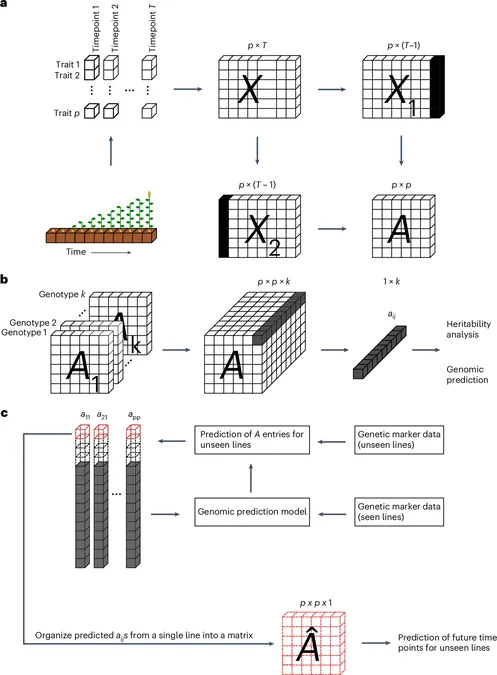
Breakthrough in Cancer Treatment: Chemoimmunotherapy Offers Hope to Elderly Patients with ES-SCLC
2025-04-10
Author: Yu
Hope for the Elderly: Chemoimmunotherapy Shows Promise
In a groundbreaking study, combining immunotherapy with chemotherapy has demonstrated a significant survival advantage for elderly patients suffering from extensive-stage small cell lung cancer (ES-SCLC) without imposing major toxicity. This compelling evidence comes from a real-world analysis published in BMC Cancer.
Staggering Survival Rates Revealed
The findings reveal that the median overall survival (OS) in the broader patient group was 12.89 months, while the median progression-free survival (PFS) stood at 7.21 months. When breaking it down, patients receiving chemotherapy alone experienced a median OS of just 11.44 months, compared to 14.20 months for those on the combined treatment. The PFS figures also showed a remarkable difference: 6.59 months for chemotherapy alone versus 8.26 months for the combination therapy. This disparity is statistically significant, paving the way for new treatment protocols.
Notable Insights on Metastasis
Focusing on patients without baseline liver metastases, results indicate that those receiving chemoimmunotherapy enjoyed a median PFS of 9.12 months versus 6.72 months for chemotherapy only. Similarly, the OS climbed to 16.36 months compared to 11.57 months. Even patients grappling with brain metastases saw enhanced outcomes, where those treated with both therapies had a PFS of 9.12 months compared to just 4.07 months for chemotherapy alone.
An Eye for Future Research
Lead author Ke Zhao from Shandong University Cancer Center emphasized, 'Our real-world data strongly suggests that combining immunotherapy with chemotherapy provides a survival benefit for elderly ES-SCLC patients and presents a feasible treatment course.' Going forward, Zhao advocates for larger, prospective studies to better illuminate the efficacy of this combined approach.
Current Treatment Standards Under Scrutiny
Immunotherapy combined with chemotherapy has already been established as a standard frontline treatment for ES-SCLC. However, prior clinical trials have often overlooked elderly patients or utilized varying doses, highlighting the need for focused studies like this one on older demographics.
Vital Study Details
The recent study examined 135 patients aged 70 and older, with 82 receiving the chemoimmunotherapy regimen and 53 receiving chemotherapy alone. The drug combinations included well-known agents like etoposide and cisplatin, along with various PD-L1 or PD-1 inhibitors in fixed doses.
Promising Outcomes with Manageable Side Effects
Most patients experienced manageable treatment-related side effects, and while anemia and lowered blood cell counts were prevalent, severe side effects (grade 3 or higher) were not notably different between treatment groups.
A New Dawn for Cancer Treatment
This research shines a light on a new path forward for elderly cancer patients grappling with ES-SCLC. As immunotherapy and chemotherapy converge, the potential for extended life spans and improved quality of life in this vulnerable population holds tremendous promise.


 Brasil (PT)
Brasil (PT)
 Canada (EN)
Canada (EN)
 Chile (ES)
Chile (ES)
 Česko (CS)
Česko (CS)
 대한민국 (KO)
대한민국 (KO)
 España (ES)
España (ES)
 France (FR)
France (FR)
 Hong Kong (EN)
Hong Kong (EN)
 Italia (IT)
Italia (IT)
 日本 (JA)
日本 (JA)
 Magyarország (HU)
Magyarország (HU)
 Norge (NO)
Norge (NO)
 Polska (PL)
Polska (PL)
 Schweiz (DE)
Schweiz (DE)
 Singapore (EN)
Singapore (EN)
 Sverige (SV)
Sverige (SV)
 Suomi (FI)
Suomi (FI)
 Türkiye (TR)
Türkiye (TR)
 الإمارات العربية المتحدة (AR)
الإمارات العربية المتحدة (AR)